University of Stirling says detritivore can flourish by feeding on organic waste
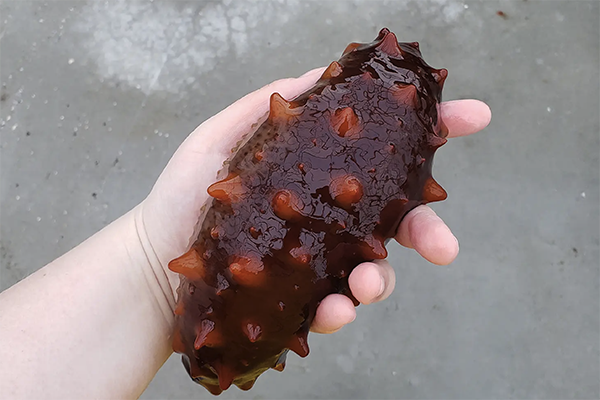
New research led by the University of Stirling’s Institute of Aquaculture shows that an Asian seafood delicacy, sea cucumbers, will flourish if fed organic waste on commercial fish farms in the Mediterranean.
Adding sea cucumbers to areas near fish farms, lead researcher Karl Cutajar, Ph.D. said, can reduce the environmental impacts of marine fish farming while providing a high-value extra product for growers. Mediterranean sea cucumbers (Holothuria poli) can fetch between €30 per kg (US$30) dried and €120/kg as a processed product, whereas farmed sea bream sell for around €6 per kg.
“This research shows the feeding connectivity between fish and sea cucumbers under marine commercial fish cages, which means that farming them together in an integrated multi-trophic aquaculture (IMTA) system is viable,” said Cutajar. “Our results show that sea cucumbers take up fish farm waste and how this helps the sea cucumber to grow. Something that removes organic waste, which can have a negative impact on the seafloor, whilst being a valuable commercial product, without the need for feed input, is an exciting discovery that presents environmental and economic opportunities.”
In Asia, sea cucumbers are in high demand but supply is short, leading to overfishing in some areas, the institute said. Sea cucumbers also have antibacterial and anticancer properties and are being evaluated for medicinal and pharmaceutical uses. Different varieties of sea cucumbers can grow in colder waters such as those around the UK.
The research is part of the European Union’s Horizon 2020-funded project Tools for Assessment and Planning of Aquaculture Sustainability (TAPAS), carried out with AquaBiotech Group and the University of Palermo. It combined two analytical techniques to prove cucumbers were successfully processing fish waste. Stable isotopes, used to assess diet, showed that the sea cucumbers were using the fish waste as their dominant food source. Fatty acid analysis in sea cucumbers grown near fish cages showed the presence of terrestrial, plant-based ingredients that could only have come from fish feed.
“As the demand for seafood grows, MFF Ltd strongly believes in the need for the development of sustainable aquaculture, possibly through IMTA systems such as this. The application of this technology across Mediterranean aquaculture now seems very possible,” said Angus Sharman, of fish farm MFF Ltd in Malta, where the research took place.
Sea cucumber project redefining traditional farming in Madagascar
“There is increasing interest in IMTA systems in aquaculture, as there is in circular economy systems in other industries, as a way to find sustainable solutions to future challenges in seafood production,” said Prof. Trevor Telfer of the Institute of Aquaculture, who oversaw the research.
Read the paper “Culturing the sea cucumber Holothuria poli in open-water integrated multi-trophic aquaculture at a coastal Mediterranean fish farm.”
Read the paper “Stable isotope and fatty acid analysis reveal the ability of sea cucumbers to use fish farm waste in integrated multi-trophic aquaculture.”
Follow the Advocate on Twitter @GSA_Advocate
Now that you've reached the end of the article ...
… please consider supporting GSA’s mission to advance responsible seafood practices through education, advocacy and third-party assurances. The Advocate aims to document the evolution of responsible seafood practices and share the expansive knowledge of our vast network of contributors.
By becoming a Global Seafood Alliance member, you’re ensuring that all of the pre-competitive work we do through member benefits, resources and events can continue. Individual membership costs just $50 a year.
Not a GSA member? Join us.
Author
-
Responsible Seafood Advocate
[103,114,111,46,100,111,111,102,97,101,115,108,97,98,111,108,103,64,114,111,116,105,100,101]
Tagged With
Related Posts
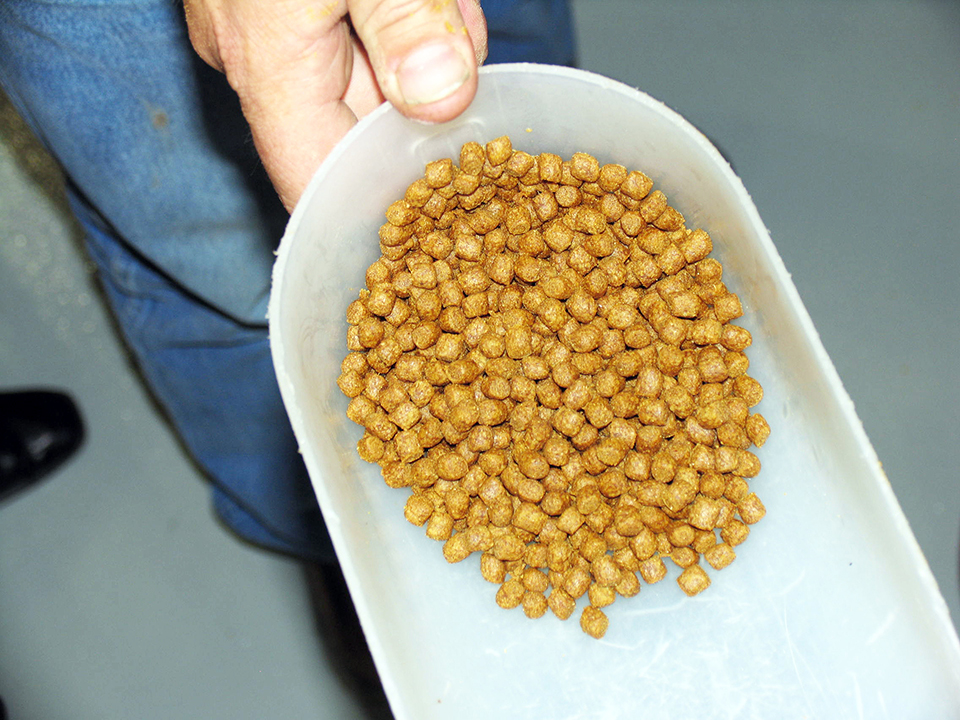
Intelligence
Byproduct utilization for increased profitability, part 5
Fish protein hydrolysates have been used in the food industry for the development of antioxidants, emulsifiers, flavoring agents, anti-bacterial agents and feed. As natural products, they have a growing acceptance, since natural products are preferred by some consumers over industrial products.
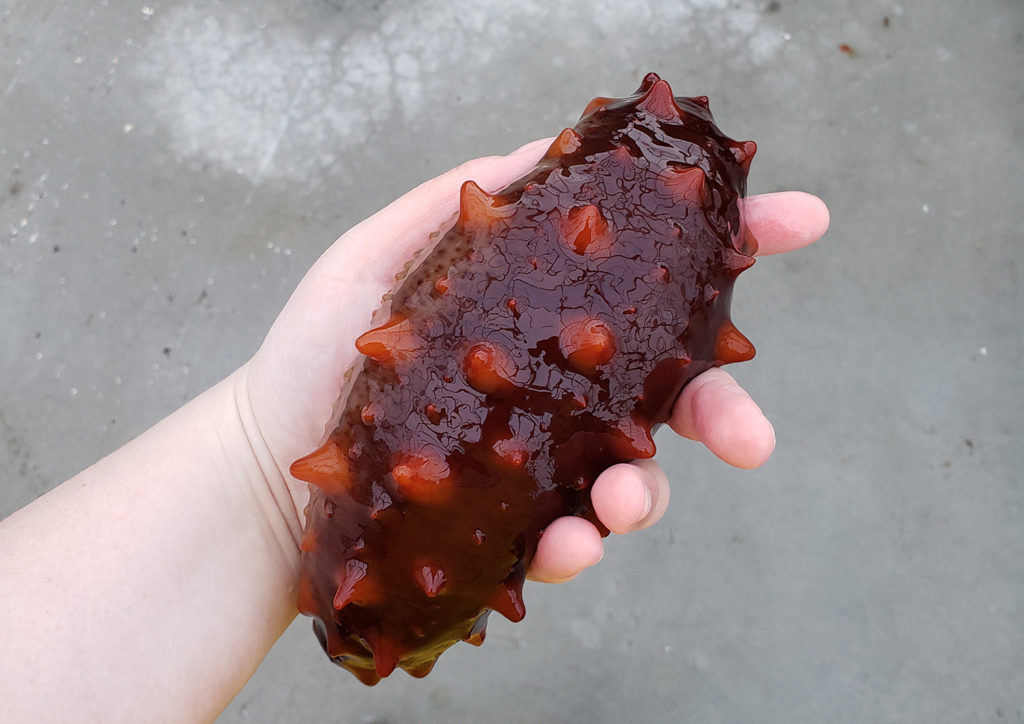
Responsibility
A fresh focus on sea cucumbers – nature’s recyclers
Researchers in Scotland, Sweden and Canada are exploring the potential of sea cucumbers, the squishy detritivores that can help clean up behind fish pens.
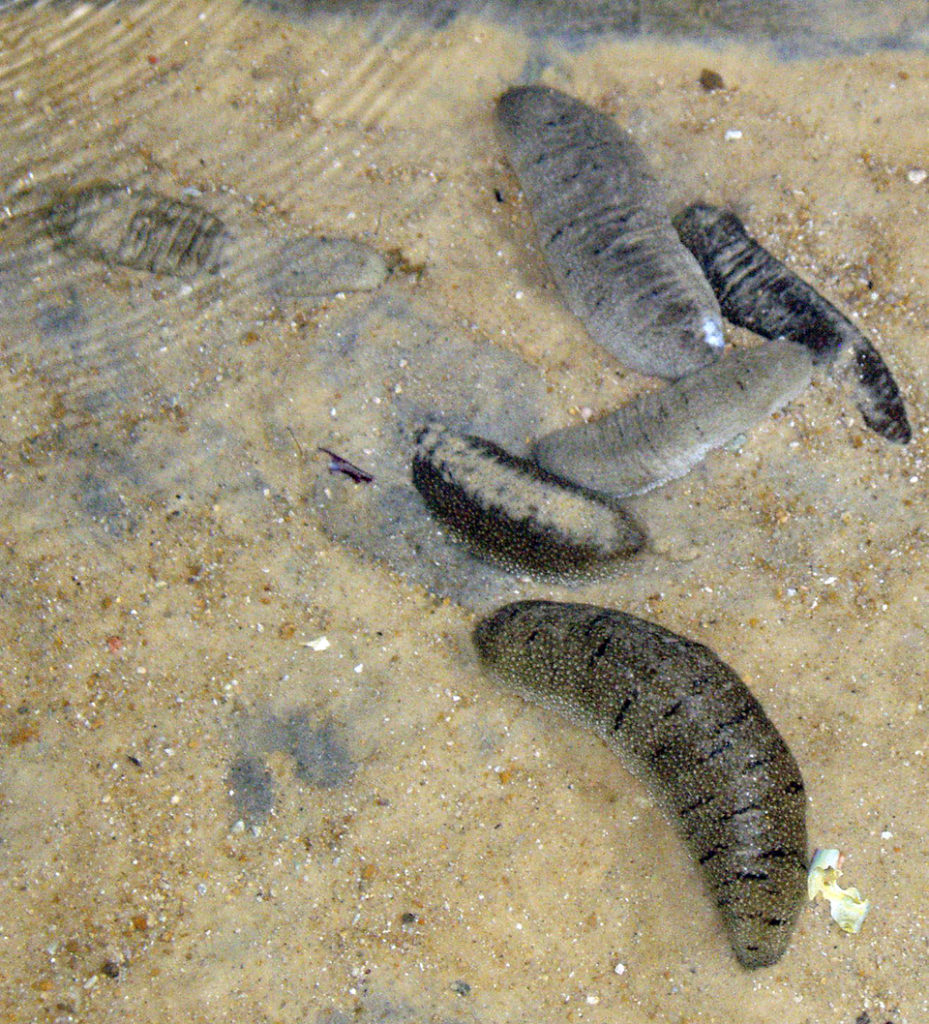
Health & Welfare
Sandfish, profitable sea cucumbers, also supply bioremediation
Sandfish, a high-value sea cucumber, supports the aquaculture of other fish species by cleaning up waste on the bottoms of ponds or sea cages.
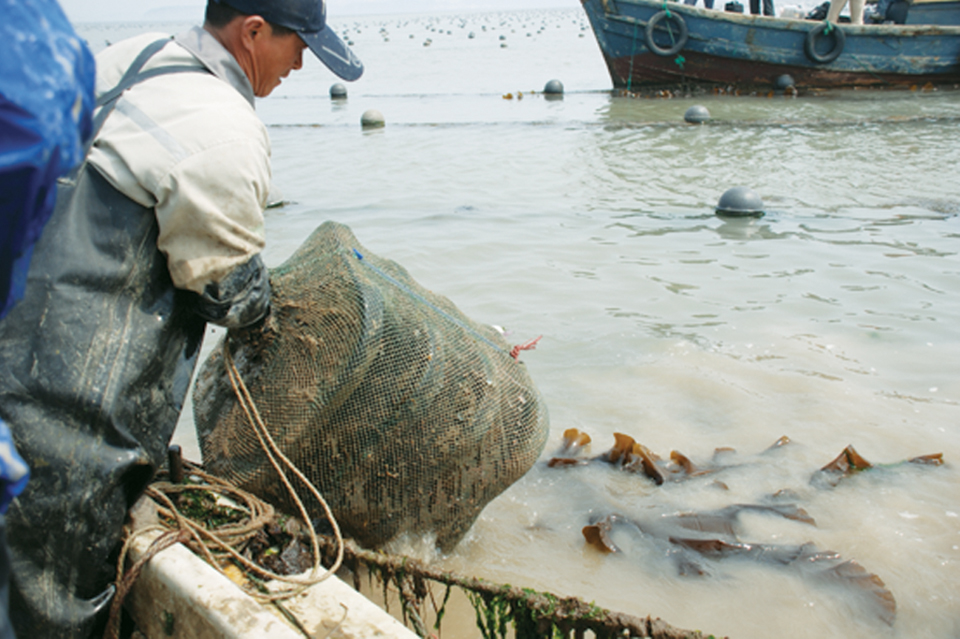
Responsibility
Sea cucumbers enhance IMTA system with abalone, kelp in China
In the authors’ recent study, sea cucumbers were added directly to abalone cages with no modifications of the culture equipment to form a simple, low-cost IMTA production system.



